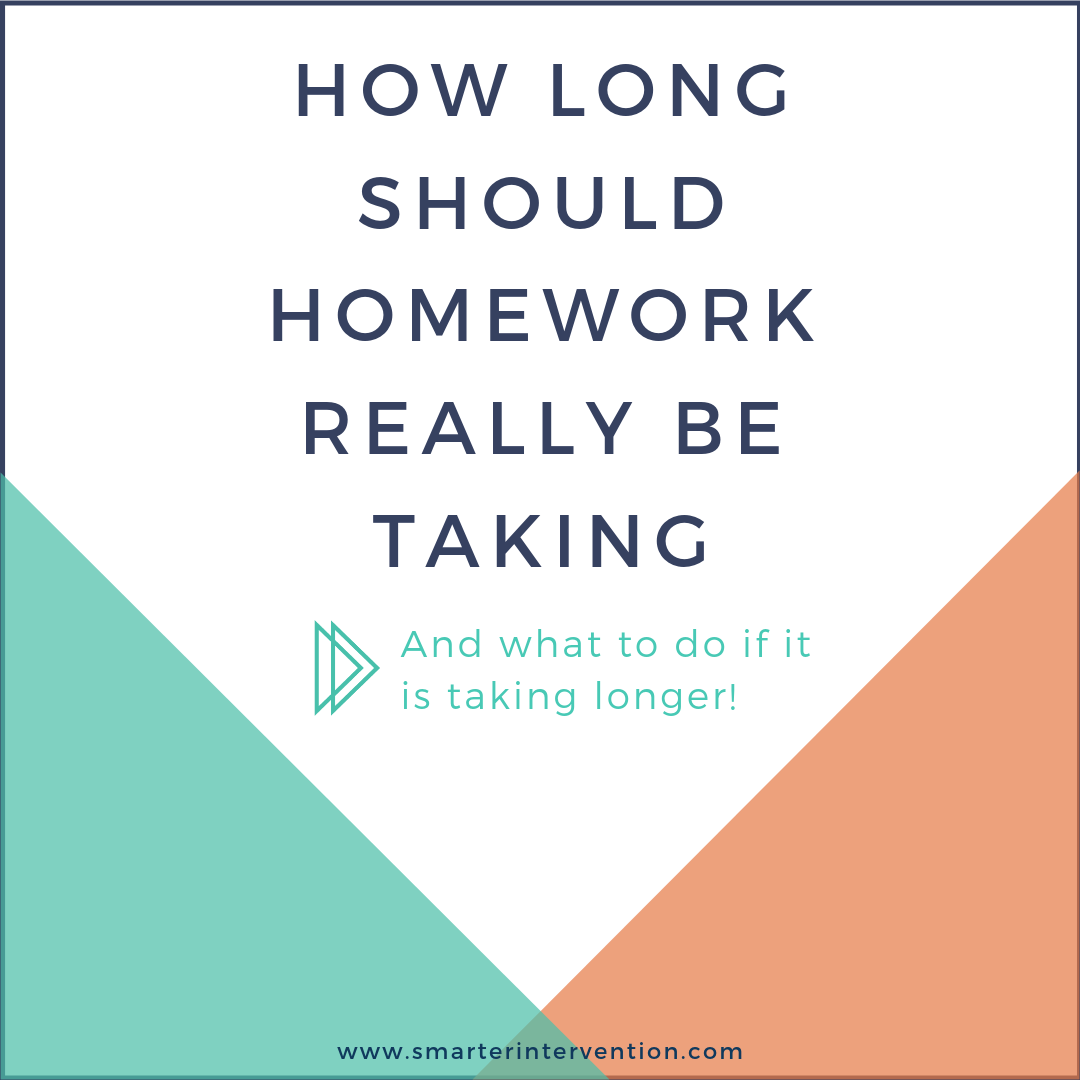Science-based literacy resources and articles
for families, educators and schools
Search by Category:
Categories
- Advocacy
- Business
- Comprehension
- Data Tracking
- Differentiation
- Dyslexia
- Evaluation and Assessment
- Executive Functioning
- Games & Activities
- Helping My Child At Home
- IEP/504 Plan
- Lesson Planning
- Math
- Online Intervention
- Organization
- Parents
- Phonics
- Phonological Awareness
- Reading Fluency
- Research
- SLP
- Spelling
- Vocabulary
- Writing
Helping Your Students Regulate Their Emotions
Discover effective strategies to support students struggling with emotional regulation in the classroom. Learn how to help them name their feelings, communicate appropriately, and regulate emotions positively. Empower your students for success!
Why You Should Hope Your Child Loses
Every single day children are presented with learning opportunities for Executive Functioning skill development, many of which go unnoticed.
This can be for a few different reasons. First, the child and parents may be focusing on something else. Many of our students struggle with learning disabilities, so the struggle to get through their
#1 Tip for Helping Your Students Time Block Their Homework
Discover the power of time blocking in education and how it can transform your students' learning experience. Learn how to help families understand appropriate homework time limits based on grade levels and identify potential academic struggles early on. Unlock valuable insights to support your students effectively!
How Long Homework Should Really Be Taking
It is not uncommon for families to come in concerned because their child's homework is taking what seems like forever to get through. Homework struggles can stem from multiple causes. It can be hard, it can be boring, or, it could be a sign of an underlying struggle for your child.
The rule we advise families to stick with is 10 minutes per grade level per night. That means if you have a second grader, he or she should be doing 20 minutes of homework each night.
How to Teach Your Students to Self-Monitor Their Attention
Empower your students with attention-monitoring skills for academic success! Discover effective strategies to help children self-monitor their attention in class and at home. Encourage lifelong learning habits and enhance focus with simple yet impactful techniques.
The Secret to a Chaos Free Morning
If you are anything like us, your mornings probably go something like this:
"MOM! MOM! I can't find my shoes!"
"They are under the table, where you left them yesterday."
"Mom! I forgot. I need you to sign these 72 papers for my class field trip today!"
"Why aren't you dressed yet? We were supposed to leave 10 minutes ago! Stop playing and go get dressed!" (10 minutes later...still not dressed).
1 Easy Way To Encourage Positive Behavior In Your Classroom
Discover how a simple schedule on the board can transform your classroom for students with Executive Functioning struggles. Learn how it fosters focus, sustains attention, and builds organizational skills. Plus, turn it into a teaching opportunity for better student engagement and success!
Is My Child Struggling With Executive Functioning?
Worried that your child is struggling with skills related to Executive Functioning? Not sure what Executive Functioning is? Looking for answers to help your child succeed? You're in the right place. Executive Functioning is a term that has gained popularity in recent years. It refers to the skills that we use every single day like planning, paying attention, following directions and emotional regulation. For more information about what Executive Functioning is, you can read our blog, "What is Executive Functioning?
A Letter to Teachers about Their "Troublemaker"
Understand the struggles of that one troublesome student in your class. Discover how Executive Functioning (EF) challenges manifest as disruptive behaviors and learn how to support students with EF difficulties. Reach out for guidance and celebrate the end of another school year!
4 Ways to Build Your Child's Language Skills at Home
Students with expressive/receptive language disorders face a number of challenges in school. It is estimated that 1 in 20 students have some type of language disorder. These students are often working overtime to cope with their challenges and their struggle can go undetected or be misunderstood.
Language skills are at the heart of early literacy development and a key component to your child’s success in school.
3 Ways to Build Receptive & Expressive Language Skills in the Classroom
Discover how to nurture receptive and expressive language skills in students with language disorders. Learn effective strategies for the classroom and identify red flags. Explore resources for targeted literacy instruction.
The Facts About Phonemic Awareness That May Surprise You
This is a topic that is near and dear to our hearts because it is so very important for our beginning and impacted readers. Phonemic Awareness refers to the ability to hear, identify, and manipulate the sounds (or phonemes) in words. A phoneme is the smallest unit of sound. For example, the spoken word dog can be broken down into three separate and distinct phonemes or sounds; /d/ /o/ /g/.
4 Signs of Visual Motor Difficulty
Visual motor skills, also called visual motor integration, refers to the skills that combine visual skills, visual perception skills, and motor skills. These are skills that use our eyes and hands in a coordinated way. For example, if I was looking at a picture of a square and wanted to replicate the shape onto a new sheet of paper, having strong visual motor skills will allow me to do this task easily and correctly. Poor visual motor skills will make this task more challenging. Essentially, we want our brain, eyes, and hands all to work together in an efficient way!
4 Ways to Support Visual-Motor Skills
Discover how to nurture visual-motor skills in students effectively! Learn the signs of poor visual-motor skills, from handwriting issues to challenges with hand-eye coordination. Explore practical strategies for the classroom, including handwriting tasks, visual scanning activities, and more. Early intervention is key—empower your students with strong foundational skills!
3 Tips For Teaching Your Child The Alphabet At Home
If you have a Pre-School or Kindergarten aged child, then you are aware that a large part of their reading readiness instruction at school is focused on the alphabet. The alphabetic principle is one of the first, and most important, skills a student needs to learn in order to be a successful reader.
The alphabetic principle means developing the understanding that letters are symbols that have a specific sound or sounds.
The Secret You Need To Know Before Teaching Your Child The Alphabet
Unveil the secret to teaching the alphabet effectively! Discover how to connect letters to sounds, foster phonemic awareness, and enhance literacy skills. Explore hands-on activities and strategies for early literacy success.
Suspect Dyslexia? The Time to Talk to Parents is Now!
Prepare your students for summer with strategies to combat the dreaded "summer slide" and prevent learning loss. Learn how to identify signs of dyslexia and guide families toward appropriate testing and intervention to ensure a successful new school year.
1 Reason Your Comprehension Instruction May Not Be Getting You The Results You Want
Unlock the secrets to effective comprehension instruction! Learn how to craft measurable goals that go beyond personal connections and questioning to truly enhance students' understanding of text. Explore practical strategies like using graphic organizers and precise measurement tools to foster deeper comprehension skills.



















